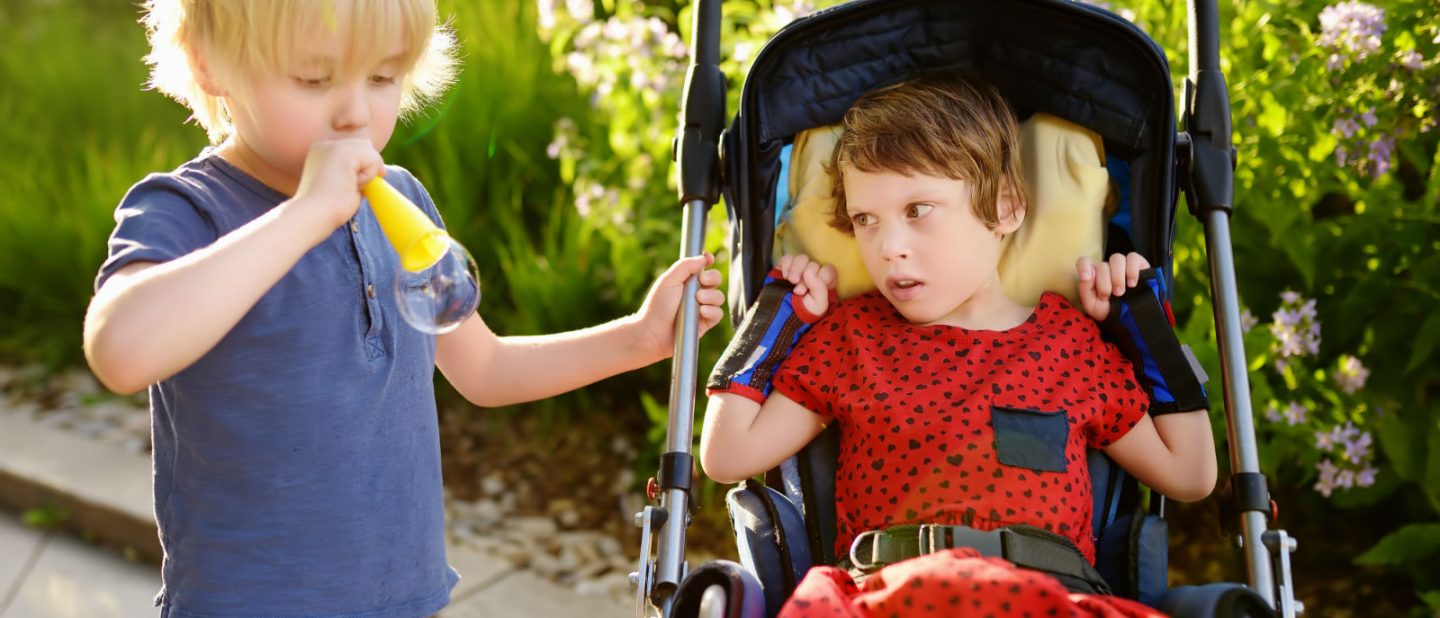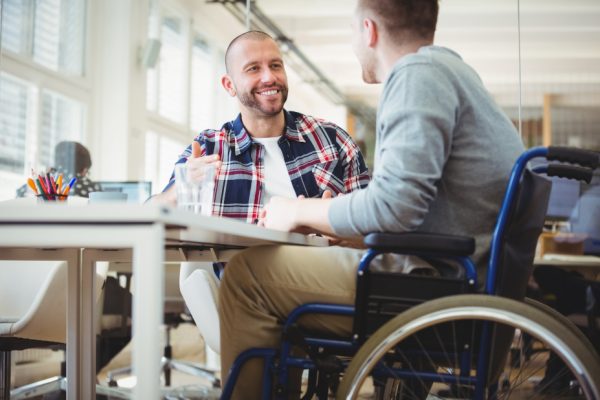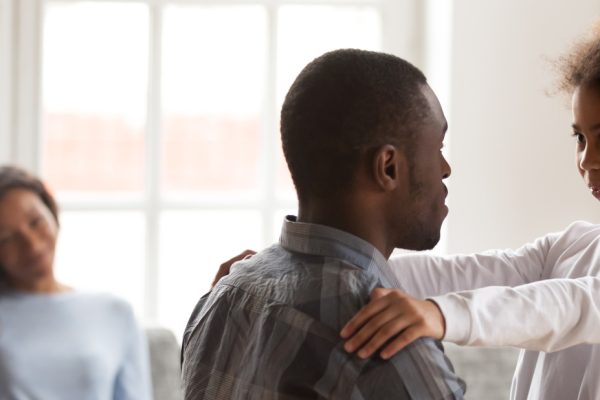
The sibling bond: first and forever friends
By Ariella Lew
I don’t remember life without my sister. I wasn’t even two when she was born so even though she is younger than me, almost every childhood memory includes her. She was my first friend and remains to this day my best friend.
Siblings becoming best friends when they are adults is the dream of many parents who choose to have more than one child. While statistics show that 80% of children have a sibling, of those 80%, probably not all do end up best friends. Dynamics will vary from family to family and depending on specific circumstances.
When a child in a family has a disability, their siblings often become their closest friends, their advocates and their confidantes from the very start. This bond, whilst it maybe not traditional, is one of the most powerful human relationships that exists.
No matter what the age gap of the siblings and what the birth order in the family, a sibling of a child with a disability somehow knows innately that they are different.
Parents can help siblings to understand the realities of the family dynamic by being open and honest with the other children in the family about the challenges that the disabled child faces. These can include struggles with mobility, communication, behaviour or self-care amongst others. Social stories can be a very powerful way to do this. Using conversational reading when you go through the story allows your child time to ask questions and feel comfortable with what you are saying.
No one understands the daily challenges that a child with a disability faces better than their parents and, in my experience, no one cares and worries more! Many parents worry as to whether their special child will be accepted by their peers, if society will be inclusive of them, if they will ever be able to form meaningful relationships and wonder what can be done to help them to succeed on a social level.
These thoughts are daunting and intimidating and can be very uncomfortable. The good news is that the answers to some of these questions start at home.
For any child who has an older sibling, they have had to share from the second they were born. They have shared parents, grandparents, time, space and things with another human being without ever being taught how. For children whose siblings are younger, whilst there may be a period of adjustment – they learn quickly and adapt to a world in which another person’s needs matter. The sibling relationship, when encouraged and nurtured, can encompass all that is at the heart of social skills!! Being able to understand another person’s needs, be sensitive to them, to accept and tolerate them is at the basis of all human relationships.
Within the family home, there is a unique opportunity to teach these skills in an informal and modelled way. One example of doing this is by prioritising time as a whole family. Activities during these times can be structured, such as playing a game or sharing a meal or partly unstructured, such as going on a day trip together.
These different activities can be adapted to take every child’s strengths and weaknesses into account. Here are some examples of how this could work in practice:
• Playing a game forces everyone to follow the same rules and doesn’t allow anyone to have special treatment. However, if your child with a disability would struggle from a coordination or behaviour point of view, consider playing in teams!
• A family day trip activity is always going to cater for some of the family more than others but everyone is equally included despite their differences. This makes siblings practice patience, giving to others and possibly prioritising other people’s needs, not only for the siblings of a child with the disability but for the child themselves For example, they may have to wait whilst their siblings go to a part of the activity which their wheelchair can’t access.
Learning to communicate with each other is another must in order for relationships to grow and develop. One way to encourage this is through family dinners where each member of the family has an opportunity to speak about their day. If your child is non-verbal or has communication issues, they still get a turn but they can communicate using their method of choice (AAC, signing etc). This sends a message to all your children that everyone has a voice and has a valuable contribution
to make – a significant thing to remember in all relationships. At the same time, you are demonstrating that it is vital to both understand and respect people’s differences.
By setting times aside for these activities, your children learn to interact as family members on an ongoing basis, nurturing an ease of relationship and a sense of relaxation in each other’s presence irrespective of their differences. Your role during these times is simply to facilitate your children being able to explore their personalities as part of the family unit. Making sure everyone has their chance ensures tolerance for each other’s differences which is central to the ethos of the relationships you are building and developing.
Despite all of this, there are inevitably tensions between siblings and when a sibling feels that they are getting less attention or being expected to do more, this can become magnified. Very often, the love, friendship, duty and protection that they feel towards their sister or brother with a disability is overwhelming and in these cases they almost never act out towards them. However, resentment can still build.
Wherever possible, encourage these incredible young people to have their own interests and passions and allow them a safe space to express what they are feeling when they need to.
Where practical, try to ensure that they have 20-30 minutes of non –school time each day without their sibling around. This can be achieved by having different bedrooms; different days for hanging out with friends in the school holidays or after school activities which are at different times.
The overall message needs to be that every child in your family has equal importance to you as a parent and to the world.
Everyone does better in life when they are given their own time and space to shine. A child with a disability can show they have picked up on skills from home when a sibling or parent is not there to prompt them. By the same token, the sibling of a child with a disability can be a better friend and companion when the expectation is not constant and when they are seeking the contact rather than it being forced upon them.
When this break is given, the relationship that develops between these extremely special siblings is nothing short of magical. It is loyal, fiercely protective, loving, inclusive, accepting and tolerant on both sides. It is truly in micro form what we all dream a fully inclusive society to be.
Ariella Lew, Bsc (Paediatric Nursing) is the founder of Kids on Track Consultancy in Melbourne: for more info www.kidsontrackconsultancy.com | Tel: 0429 222 670







